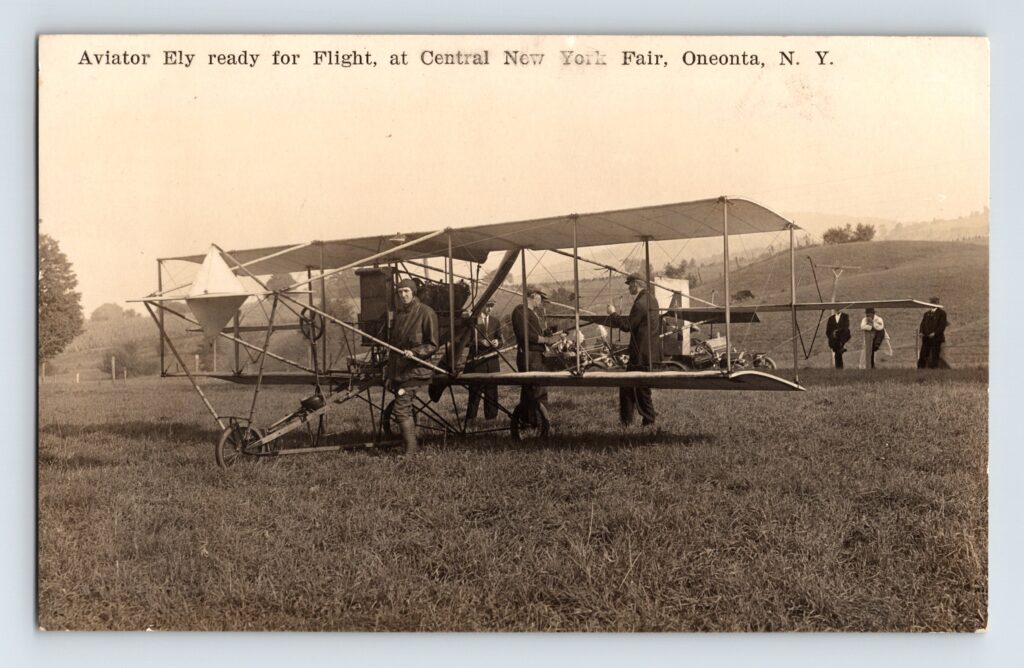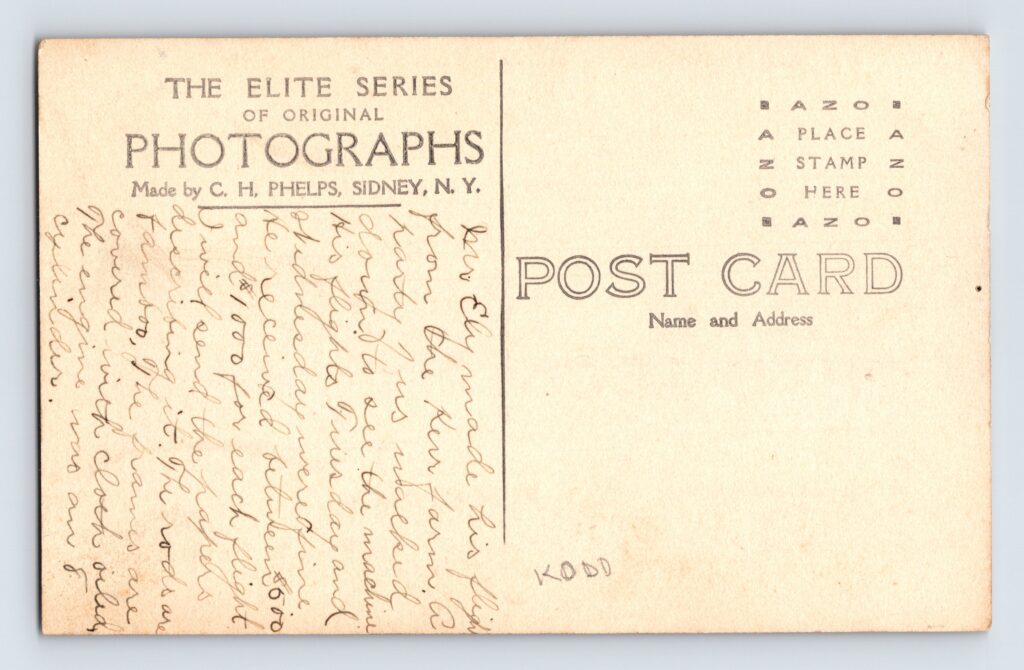
Eugene Burton Ely (1886-1911) was a pioneering American aviator who achieved the first successful airplane takeoff from a ship and the first successful landing of an airplane on a ship. These groundbreaking feats marked the beginning of naval aviation.
Born and raised in Iowa, Ely developed a passion for automobiles and became a skilled driver and salesman. His life took a turn toward aviation in 1910 when his employer purchased a Curtiss biplane. Ely, without prior training, taught himself to fly the aircraft after crashing it. Ely soon joined Glenn Curtiss’s exhibition team, showcasing Curtiss’s aircraft across the United States and Canada. On October 5, 1910, he received his official pilot’s license.
His pivotal contributions to naval aviation began when Captain Washington Irving Chambers of the U.S. Navy recognized the potential of aircraft for naval operations. This led to two historic experiments involving Ely. On November 14, 1910, Ely took off from a temporary platform on the bow of the USS Birmingham anchored in Hampton Roads, Virginia. Although his plane dipped into the water upon takeoff, he successfully flew to a nearby beach, proving that launching an aircraft from a ship was possible.
The second groundbreaking event occurred on January 18, 1911, in San Francisco Bay. Ely flew from the Tanforan Racetrack and landed on a specially constructed platform on the deck of the USS Pennsylvania. This marked the first successful shipboard landing, utilizing an early arresting system with ropes and sandbags. After lunch with the ship’s captain, Ely took off again, completing the first takeoff from a ship at anchor.
Despite these achievements, Ely’s attempts to join the Navy as an aviator were unsuccessful due to the lack of open positions at the time. He continued exhibition flying. Tragically, on October 19, 1911, just before his 25th birthday, Ely died in a plane crash during an exhibition in Macon GA.
Although his life was short, Eugene Ely’s pioneering work was crucial in demonstrating the potential of naval aviation. In recognition of his significant contributions, he was posthumously awarded the Distinguished Flying Cross in 1933. His accomplishments laid the foundation for modern aircraft carriers and carrier-based aviation, forever changing naval warfare strategies.


Leave a Reply